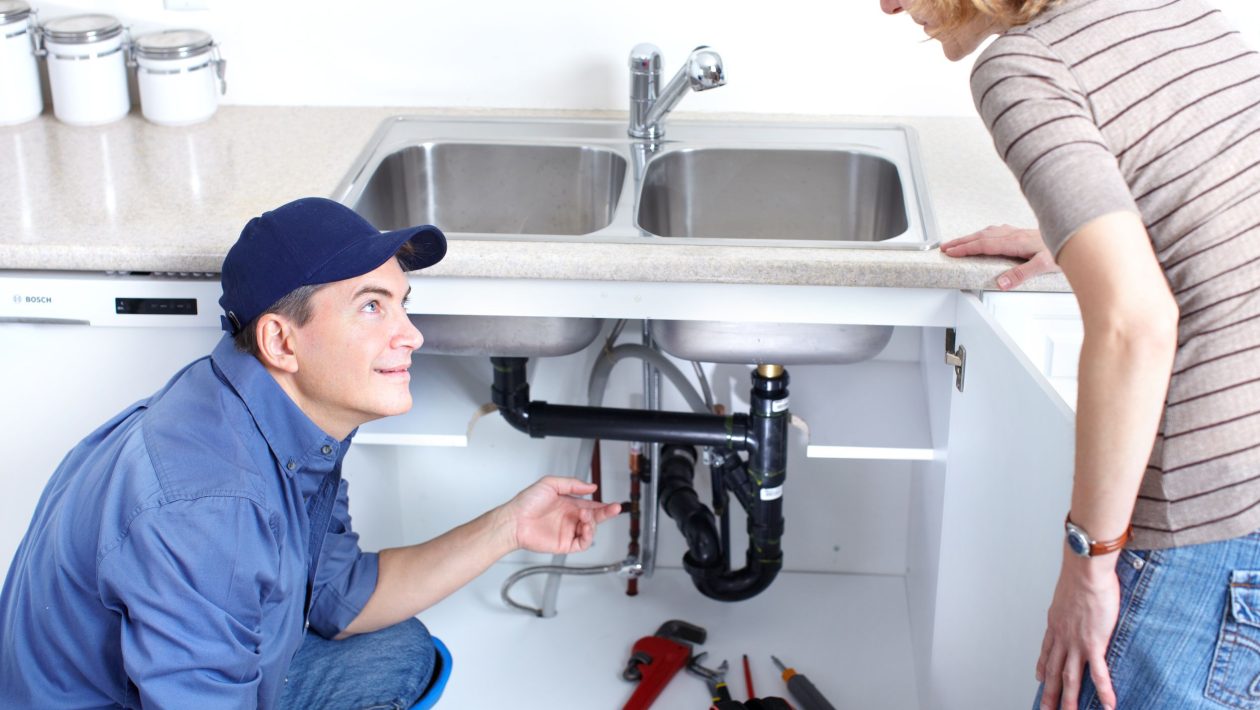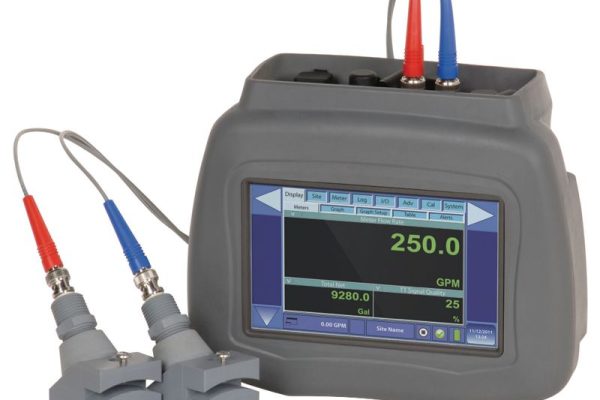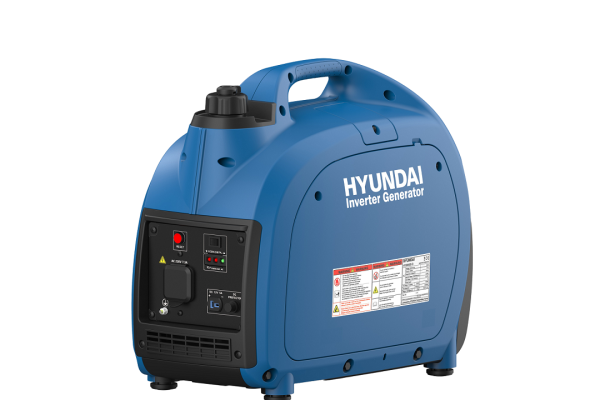Plumbers play a vital role in keeping our homes and businesses running smoothly. They’re the skilled professionals who fix, install, and maintain our plumbing systems. From leaky faucets to complex piping, plumbers handle a wide range of tasks, ensuring that water flows where it should and that our spaces stay dry and comfortable.
What Do Plumbers Do?
Plumbers are experts in everything related to water systems. They install pipes, faucets, toilets, sinks, and other fixtures in homes, offices, and industrial buildings. Their work involves reading blueprints, determining the best locations for pipes, and then installing them properly. They also maintain and repair these systems, ensuring they work efficiently.
Types of Plumbing Services
Plumbers offer various services, addressing different plumbing needs:
Repair Work: When pipes burst, faucets leak, or toilets clog, plumbers come to the rescue. They use specialized tools to diagnose the issue and fix it promptly.
Installation: Whether it’s a new bathroom, kitchen, or an entire plumbing system for a building, plumbers install pipes and fixtures correctly and ensure they meet building codes.
Maintenance: Regular maintenance is crucial to prevent plumbing problems. Plumbers conduct inspections, clean drains, and perform necessary upkeep to keep systems in top shape.
Emergency Services: Plumbing disasters don’t follow a schedule. Plumbers offer emergency services to address urgent issues like major leaks or sewage backups, providing quick solutions to prevent further damage.
Skills and Training
Becoming a plumber requires training and certain skills:
Education: Many plumbers undergo apprenticeships, working alongside experienced professionals to learn the trade. Some attend technical schools or community colleges to gain theoretical knowledge.
Skills: Plumbers need good problem-solving skills to diagnose issues and find effective solutions. They must also have physical strength and dexterity to work with tools and in tight spaces.
Licensing and Certification: In most places, plumbers need to be licensed. This involves passing exams to demonstrate their knowledge and skills. Certification ensures they meet safety and quality standards.
Why Plumbers are Important
Plumbers play a crucial role in maintaining public health and safety. Properly functioning plumbing prevents the spread of diseases caused by contaminated water. They also contribute to environmental conservation by ensuring water systems are efficient and not wasting precious resources.
When to Call a Plumber
While some minor plumbing issues can be fixed with DIY solutions, it’s essential to know when to call a professional:
Major Leaks: If there’s a significant leak that you can’t control, a plumber can quickly identify and fix the problem.
Persistent Clogs: If plunging doesn’t work or if you frequently face clogs, there might be a deeper issue that requires professional attention.
Installation of New Fixtures: Installing new plumbing fixtures requires precision to avoid future problems. A plumber ensures everything is correctly fitted and functional.
Low Water Pressure or No Hot Water: These issues could indicate underlying problems with the plumbing system that a plumber can diagnose and fix.
Conclusion
Plumbers are unsung heroes in our daily lives. They ensure our water systems work efficiently and safely, addressing issues that affect our comfort and health. Knowing when to call a plumber and understanding their role is essential for maintaining a smoothly functioning home or business. Their expertise and dedication make them indispensable contributors to our communities. Contact Borehamwood Plumbers for more information.











